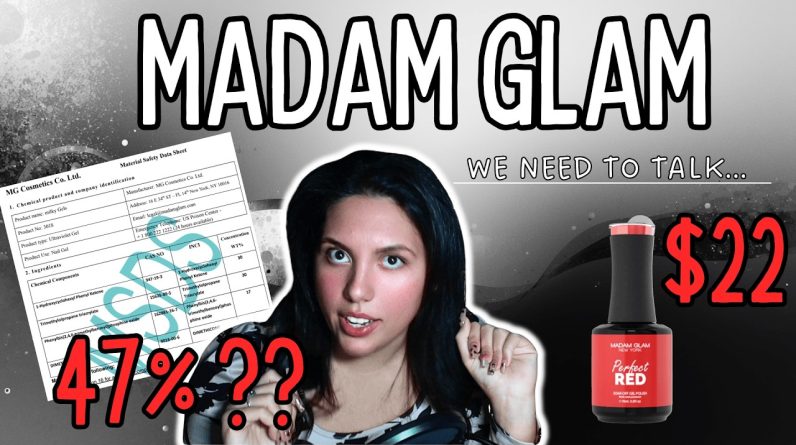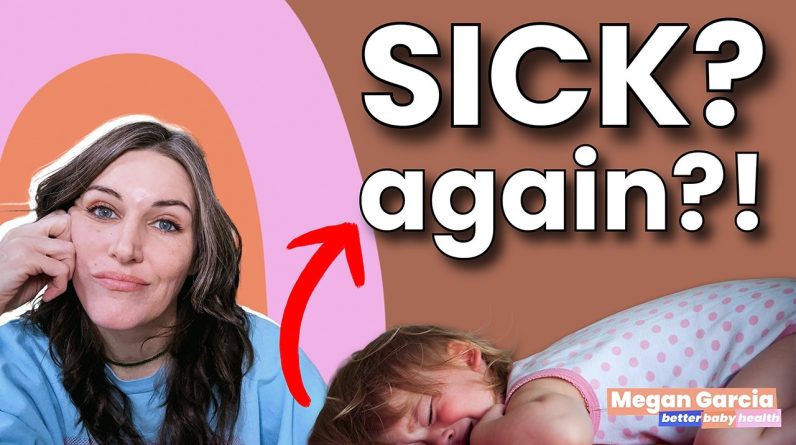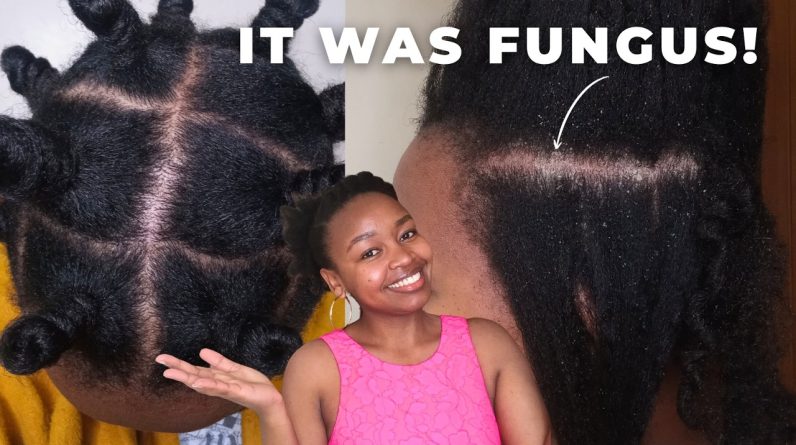What causes hair loss?
Hair loss can have various causes, and the specific reason for an individual’s hair loss can depend on factors such as genetics, underlying health conditions, hormonal changes, lifestyle factors, and more. Here are some common causes of hair loss: 1. Genetic Factors: The most common cause of hair loss is hereditary or genetic. Male pattern baldness (androgenetic alopecia) and female pattern hair loss are both influenced by genetic factors. These conditions lead to gradual thinning of the hair over time. 2. Hormonal Changes: Hormonal changes can contribute to hair loss. For example, in men, an excess of dihydrotestosterone (DHT), a derivative of testosterone, can cause hair follicles to shrink, leading to hair thinning and eventual loss. In women, hormonal imbalances, such as those caused by pregnancy, childbirth, menopause, or conditions like polycystic ovary syndrome (PCOS), can result in hair loss. 3. Medical Conditions: Certain medical conditions and diseases can cause hair loss. Examples include alopecia areata (an autoimmune condition causing patchy hair loss), thyroid disorders (both hypo- and hyperthyroidism), scalp infections (such as ringworm), and scalp conditions like psoriasis or dermatitis. 4. Medications and Treatments: Some medications and medical treatments can lead to hair loss as a side effect. These may include chemotherapy drugs, certain antidepressants, blood thinners, and medications for high blood pressure. 5. Physical or Emotional Stress: Intense physical or emotional stress, such as a severe illness, major surgery, traumatic event, or significant weight loss, can trigger a type of hair loss called telogen effluvium. This condition causes a large number of hair follicles to enter the resting phase, leading to increased shedding and temporary hair loss. 6. Hairstyling Practices and Hair Products: Certain hairstyling practices that involve pulling the hair tightly, such as tight ponytails, braids, or buns, can cause a type of hair loss called traction alopecia. Additionally, excessive heat styling, chemical treatments (like perming or straightening), and the use of harsh hair products can damage the hair and contribute to hair loss. 7. Nutritional Deficiencies: Inadequate nutrition, particularly deficiencies in iron, zinc, biotin, and other vitamins and minerals essential for healthy hair growth, can lead to hair loss. 8. Ageing: As individuals age, hair follicles may naturally shrink and produce thinner, finer hair. This can result in overall hair thinning. It’s important to consult with a healthcare professional or a dermatologist if you are experiencing significant or concerning hair loss. They can evaluate your specific situation, identify the underlying cause, and recommend appropriate treatment options.
source







